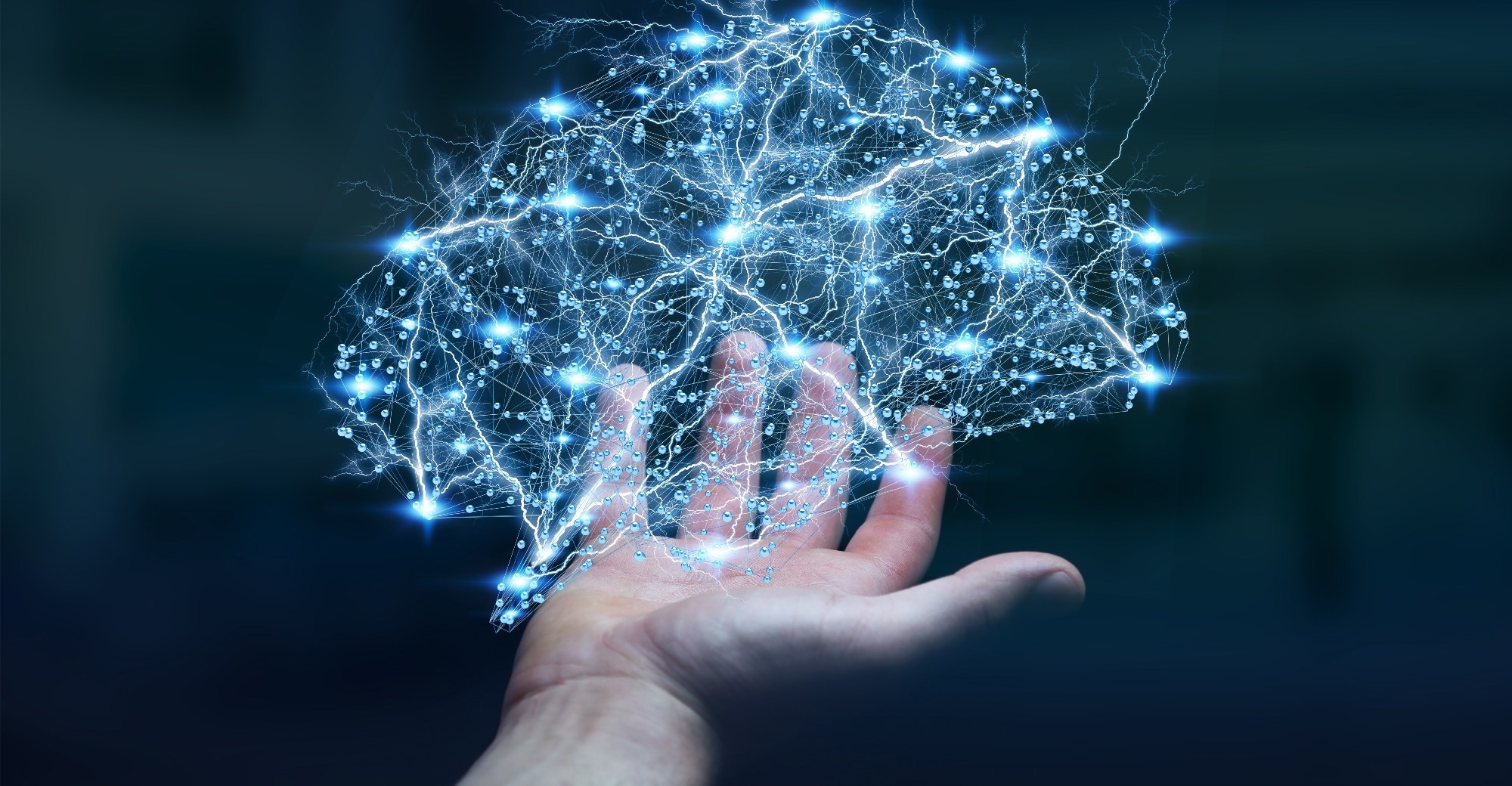With over 86 billion neurons, each able to form up to 10,000 synapses with other neurons, the human brain gives rise to an exceptionally complex network of connections that underlie the proliferation of intelligence.
There has been a long-standing pursuit of humanity centered around artificial general intelligence (AGI) systems capable of achieving human-level intelligence or even surpassing it, enabling AGI to undertake a wide range of intellectual tasks, including reasoning, problem-solving, and creativity.
Brain-inspired artificial intelligence is a field that has emerged from this endeavor, integrating knowledge from neuroscience, psychology, and computer science to create AI systems that are not only more efficient but also more powerful. In a new study published in the KeAi journal Meta-Radiology, a team of researchers examined the core elements shared between human intelligence and AGI, with particular emphasis on scale, multimodality, alignment, and reasoning.
 Study: When Brain-inspired AI Meets AGI. Image Credit: sdecoret / Shutterstock
Study: When Brain-inspired AI Meets AGI. Image Credit: sdecoret / Shutterstock
"Notably, recent advancements in large language models (LLMs) have showcased impressive few-shot and zero-shot capabilities, mimicking human-like rapid learning by capitalizing on existing knowledge," shared Lin Zhao, co-first author of the study. "In particular, in-context learning and prompt tuning play pivotal roles in presenting LLMs with exemplars to adeptly tackle novel challenges."
Moreover, the study delved into the evolutionary trajectory of AGI systems, examining both algorithmic and infrastructural perspectives. Through a comprehensive analysis of the limitations and future prospects of AGI, the researchers gained invaluable insights into the potential advancements that lie ahead within the field.
"Our study highlights the significance of investigating the human brain and creating AI systems that emulate its structure and functioning, bringing us closer to the ambitious objective of developing AGI that rivals human intelligence," said corresponding author Tianming Liu. "AGI, in turn, has the potential to enhance human intelligence and deepen our understanding of cognition. As we progress in both realms of human intelligence and AGI, they synergize to unlock new possibilities."
Source:
Journal reference: